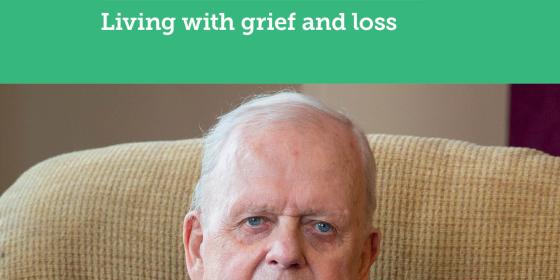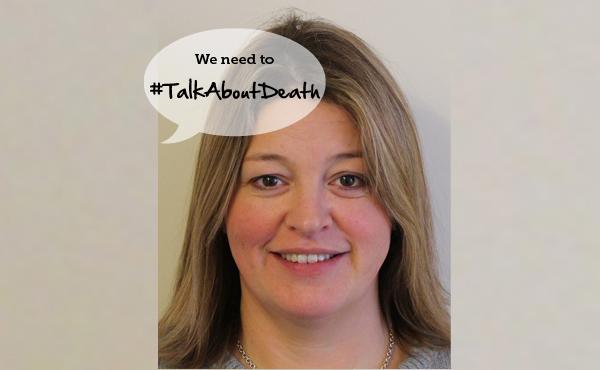
It’s natural to experience grief and intense loss after the death of a partner, loved one, or someone who has played a significant role in your life.
Death brings a mixture of emotions varying from intense sorrow, sadness and loneliness to relief and sometimes guilt, dependent on the nature of the relationship. All of these emotions are normal and there’s no set time frame for them to appear or reduce.
For some people, bereavement can be prolonged and start to have a negative effect on their lives going forwards. When grief continually reduces a persons ability to look to the future and start to see some positivity, it may be useful to seek the advice of a GP. This should be encouraged, as ongoing feelings of sadness and negativity can affect both mental and physical health.
Nothing that can be said or done can bring back the person who has passed away, but sharing your feelings can allow you and your GP to explore which sources of support may be available to you. The loss of a partner can change almost every aspect of your life, including your role, your home, your finances, your routine, your social life and not least your emotional responses.
Find a GP in the practice that you feel you can talk to about these issues and ask to see them. Remember, you don’t need to disclose the reason for your consultation to any other member of the practice team if asked.
Each GP may have an individual approach to discussing your bereavement, and may or may not have known your partner and understood your relationship. It’s likely they’ll ask how you have been feeling, and pay particular attention to spotting any signs of clinical depression like poor sleep, lack of appetite, loss of motivation, tearfulness and anxiety or thoughts of self-harm.
They should then be able to signpost you to local and national resources who may be able to support you, including counselling, local charities with an interest in this area or specialists in mental health.
Occasionally they may discuss prescribing medication to lift your mood if you have signs of depression. They will also explain what to do if you feel increasingly distressed in the future and how to access help.
To make the most of your consultation with the GP, it’s helpful to be able to outline how your bereavement is affecting your current life – for example, reducing your motivation to mix with friends or family or affecting your sleep etc. This will allow the GP to consider the most effective interventions that may help you.
Try to let go of any expectations you’d placed on yourself about how you should be feeling at any given time, but don’t be embarrassed or ashamed to seek help if you’re worried about how you are feeling.
Often just acknowledging that you are experiencing grief and being reassured that it’s normal can be a huge relief and helpful in itself.
We’d love to know what you think. Join the conversation at #TalkAboutDeath
For free advice, information and support on bereavement and end of life planning, visit www.independentage.org/TalkAboutDeath

